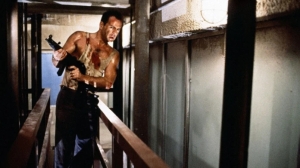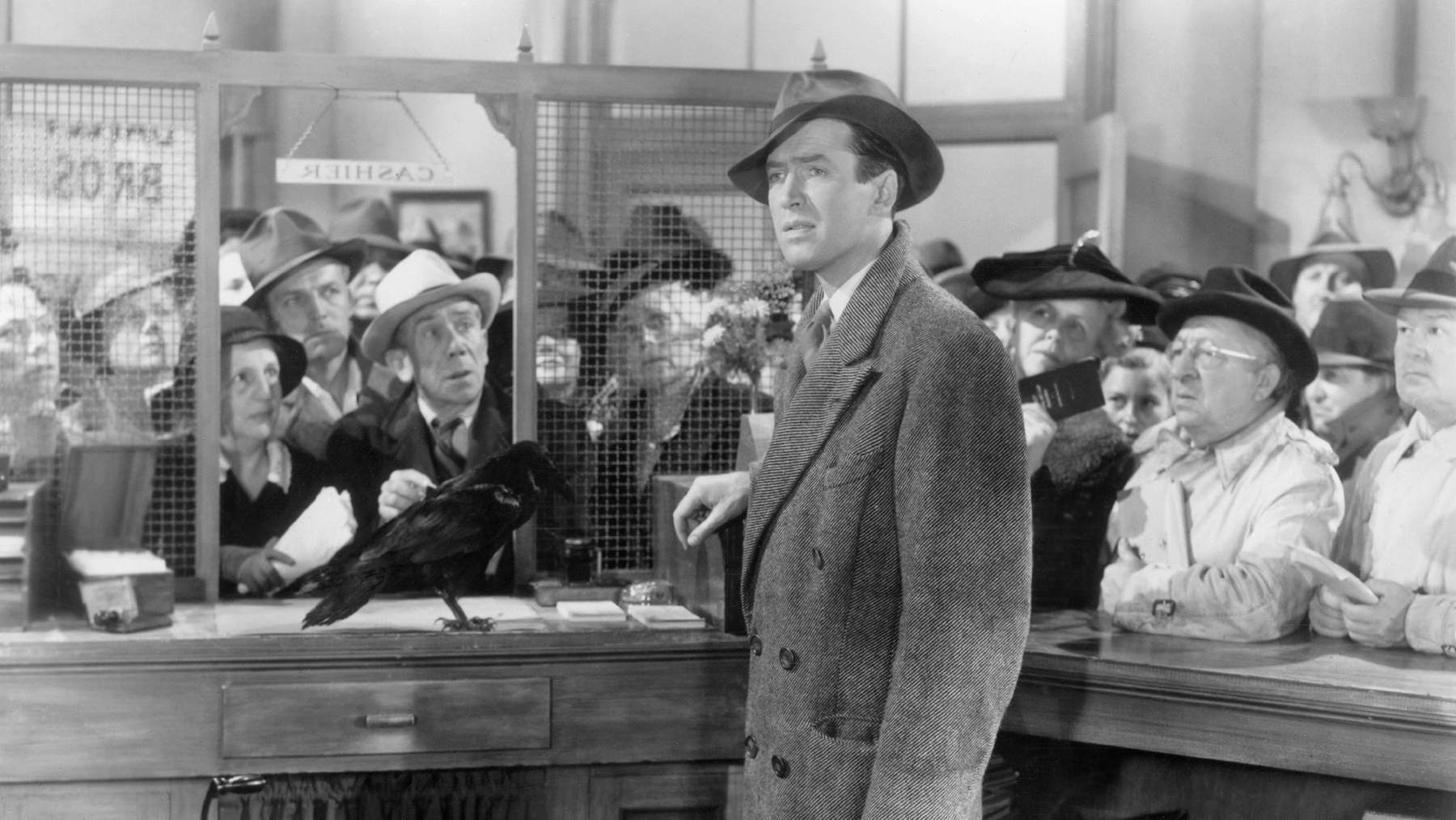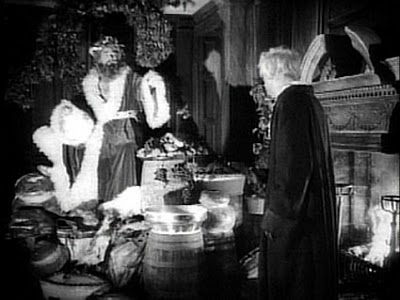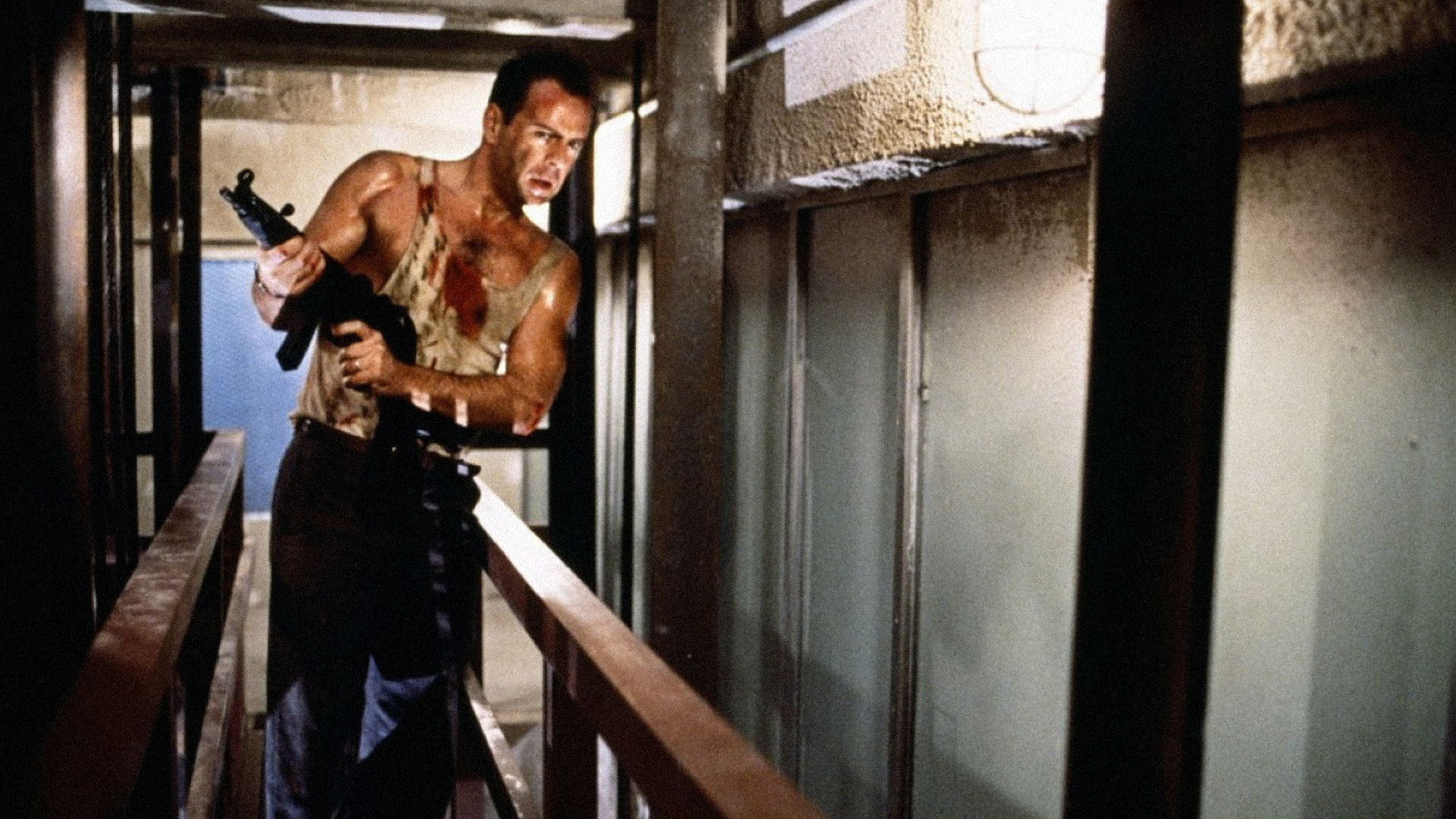


And so this is Christmas, John Lennon noted in 1972. Time once again then to watch the greatest Christmas movies ever made and debate that age-old question (at least since 1988): Is the explosive action thriller Die Hard (trailer at https://www.youtube.com/watch?v=QIOX44m8ktc&t=20s), starring Bruce Willis and the late Alan Rickman, the ultimate Christmas heart warmer, the greatest of them all?
I jest not.
According to a YouGov poll, conducted in 2021, “47 per cent of people who had seen Die Hard say it is NOT a Christmas movie, while 44 per cent of people insisted it is,” Radio X in London reported earlier this month.
Men and women disagreed with half of men (50 per cent) who had seen Die Hard think it’s a Christmas movie compared to just over a third of women (37 per cent), who had watched the film.
Michael Agger’s Dec. 13, 2007 post on Slate titled “Now I Have a Machine Gun. Ho Ho Ho” first made the case Die Hard is really a Christmas movie:
Mark Hughes, a film and television screenwriter, who has also worked as a media specialist and campaign ad writer, penned a piece for Forbes magazine on Dec. 14, 2011, where he picked Die Hard as number one on his list of “Top Ten Best Christmas Movies Of All Time” (https://www.forbes.com/sites/markhughes/2011/12/14/top-ten-best-christmas-movies-of-all-time/?sh=79c1a3fb5c60) as the story was headlined.
Wrote Hughes: “Die Hard is everything every Christmas movie should always be forever. It’s a mix of the baddie from The Grinch Who Stole Christmas; the unbeatable hero who shows up to teach everyone a lesson from Miracle On 34th Street; the ghosts of past, present, and future who bring insight and change from A Christmas Carol; plus every redemptive struggle about family and personal evolution and good versus evil, all wrapped up in a big shiny box with a bow made of explosions and bullets. There’s Christmas, and then there’s Christmas with punching terrorists in the face and winning back your entire family – which do YOU prefer? It doesn’t matter what you prefer, actually, because Bruce Willis prefers the latter, and Bruce Willis always wins. You’d know that if you watched the Die Hard movies. So start watching now, beginning with this one….”
Falice Chin, then a producer with CBC Radio One for Calgary Eyeopener, weighed in an online analysis piece for CBC News Dec. 15, 2017 headlined “Why Die Hard is the ultimate Christmas movie – despite naysayers.” You can read it here: https://www.cbc.ca/news/canada/calgary/author/falice-s-chin-1.3505737 Chin is now a senior producer of Edmonton AM.
“Among the many holiday nods – 12 bad guys, wife named Holly, giant teddy bear gift in waiting and endless Christmas décor – there’s also a film score featuring ominous renditions of Beethoven’s Ode to Joy sprinkled with the jingling of sleigh bells,” Chin noted.
Die Hard, directed by John McTiernan and written by Steven E. de Souza and Jeb Stuart, follows the Christmas Eve exploits of John McClane (Bruce Willis), playing an off-duty New York City cop visiting in Los Angeles for the holidays to see his estranged wife, Holly Gennaro McClane (Bonnie Bedelia), and two daughters, as he takes on a group of highly organized criminals, led by Hans Gruber (Alan Rickman), at a holiday party on the 32nd floor of Nakatomi Plaza, a Los Angeles skyscraper that is the American headquarters of the Japanese-owned business Holly works for, as Gruber and his men stage a heist under the guise of a terrorist attack using hostages, including Holly, to keep police at bay.
Die Hard is based on Roderick Thorp’s 1979 novel Nothing Lasts Forever, and was the sequel to 1966’s The Detective, which was adapted into a 1968 film of the same name that starred Frank Sinatra. Willis, not the first choice for the role (Sinatra declined to reprise his role 20 years after The Detective and action star Arnold Schwarzenegger turned the part down) was known primarily as a comedic television actor in 1988, particularly for co-starring as a private detective with Cybill Shepherd in Moonlighting on ABC between March 1985 and May 1989.
Die Hard changed all that and made Willis into an action star. Made for $28 million, Die Hard has grossed more than $140 million theatrically worldwide. The film’s success has spawned four sequels to date: Die Hard 2 in 1990; Die Hard with a Vengeance in 1995; Live Free or Die Hard in 2007 and a Good Day to Die Hard in 2013.
Sadly, Willis was diagnosed last March with aphasia – a brain disorder which impacts the ability to speak and other cognitive abilities – and revealed he was stepping away from acting. His enforced early retirement came as a huge shock to his fans, as well as his many friends in Hollywood.
On July 14, 2018, Willis, in his Comedy Central roast, said Die Hard, the beloved action flick, isn’t a Christmas movie – “it’s a god damn Bruce Willis movie!” (https://www.indiewire.com/2018/07/bruce-willis-die-hard-christmas-movie-1201984149/ ) IndieWire reported at the time.
To this, I can only respond by paraphrasing New York Sun editor Francis Pharcellus Church 1897 reply to eight-year-old Virginia O’Hanlon, when she asked if Santa Claus is real.
Die Hard not a Christmas movie, Bruce? Say it isn’t so. One can only hope Bruce Willis has an early Christmas morning transformation akin to Ebenezer Scrooge’s: “I will honour Christmas in my heart, and try to keep it all the year. I will live in the Past, the Present, and the Future. The Spirits of all Three shall strive within me.’’
“And it was always said of him,” the narrator concludes Charles Dickens’ A Christmas Carol, “that he knew how to keep Christmas well, if any man alive possessed the knowledge. May that be truly said of us, and all of us!’’
Happy Christmas, Bruce!
You can also follow me on Twitter at: https://twitter.com/jwbarker22


